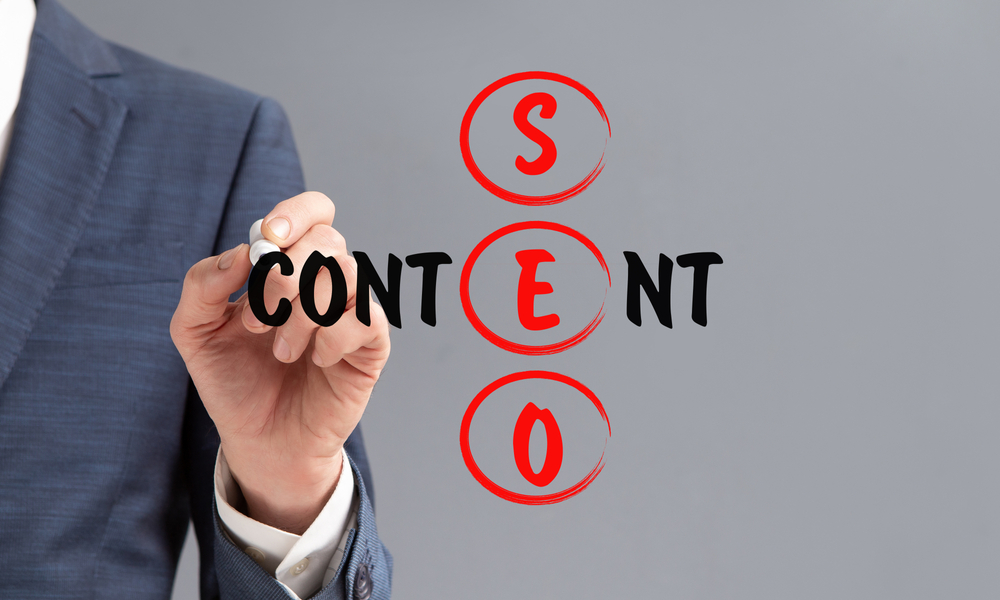Content marketing platform plays a crucial role in establishing a brand’s online presence, attracting potential customers, and driving long-term success. However, to maximize its impact, businesses must integrate Content Marketing SEO into their strategy. This combination helps content reach the right audience by improving search engine rankings and increasing organic traffic. By effectively leveraging SEO and content marketing, businesses can enhance visibility, build credibility, and drive conversions.
Understanding Content Marketing SEO
Content Marketing and SEO is the practice of optimizing content to align with search engine algorithms while also providing value to readers. It involves strategic keyword placement, high-quality content creation, and technical SEO aspects like meta tags and internal linking. The ultimate goal is to ensure that content ranks higher in search engine results, leading to increased engagement and business growth.
Why Content Marketing in SEO Matters
Enhances search engine positioning
Search engines give preference to content that is high-quality and relevant. By implementing SEO techniques such as keyword optimization, proper headings, and link-building, businesses can improve their website’s ranking, making it easier for potential customers to find them online.
Enhances Audience Engagement
Engaging, informative, and well-structured content keeps users on a website longer. SEO-driven content ensures that information is relevant to user queries, leading to higher retention rates and improved engagement metrics.
Drives Organic Traffic
Instead of relying solely on paid advertising, businesses can use SEO-driven content marketing to attract organic traffic. Quality content that answers user queries effectively tends to rank higher and remains a valuable asset for an extended period.
Establishes Brand Authority
When businesses consistently produce well-researched, SEO-optimized content, they build credibility and trust within their industry. Higher rankings also signal to users that a brand is a reliable source of information.
Key Strategies for Effective Content Marketing and SEO
Keyword Research and Optimization
Identifying the right keywords is the foundation of any content marketing strategy. Businesses should conduct keyword research to determine relevant terms their target audience is searching for. Incorporating these keywords naturally into content improves visibility without affecting readability.
Create Original and Valuable Content
Search engines favor content that delivers genuine value to users. Creating informative, engaging, and well-researched articles, blogs, or guides helps attract and retain visitors. Content Marketing SEO should be unique, plagiarism-free, and provide solutions to common user queries.
On-Page SEO Optimization
Implementing on-page SEO techniques such as optimizing title tags, meta descriptions, alt text for images, and internal linking enhances a website’s overall structure. These elements help search engines understand content better and improve rankings.
Mobile-Friendly and Fast-Loading Website
A slow-loading website with poor mobile optimization can negatively impact rankings. Google considers page speed and mobile responsiveness as key ranking factors, so ensuring a seamless user experience is crucial.
Link Building and Backlinking
Building high-quality backlinks from reputable websites increases domain authority and improves search rankings. Internal linking within the website also helps search engines index pages efficiently and keeps users engaged.
Measuring the Success of Content Marketing and SEO
Traffic Analytics
Monitoring website traffic through tools like Google Analytics helps businesses track user behavior, session duration, and sources of traffic. This data provides insights into content performance.
Keyword Rankings
Regularly tracking keyword rankings allows businesses to see how well their content is performing on search engine results pages (SERPs). Adjustments to Content Marketing SEO strategy can be made based on performance.
Engagement Metrics
Metrics like bounce rate, time spent on pages, and social shares indicate how well the audience is engaging with the content. Higher engagement often leads to better search rankings.
Conversion Rates
Measuring how content contributes to conversions—whether it’s generating leads, sales, or subscriptions—helps businesses refine their strategy for better results.
Conclusion
In the ever-evolving digital landscape, integrating Content Marketing SEO is essential for long-term success. It not only improves search rankings but also enhances audience engagement, drives organic traffic, and establishes brand authority. By implementing the right SEO strategies and consistently producing high-quality content, businesses can achieve sustainable growth and stand out in a competitive market. Investing in SEO-driven content marketing is not just an option—it’s a necessity for digital success.


